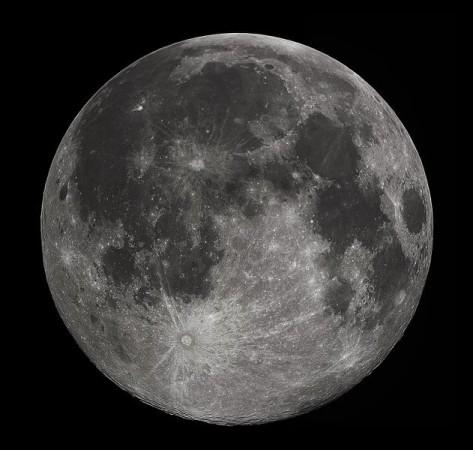
Russia is planning to colonize moon by as early as 2030, and is in process of sending the first expedition to build a permanent lunar base in the next two years, reports from Russia suggest.
Newspaper Izvestia, which was the first to report the story, said Thursday that it had gained access to a draft government program, which outlined a three-step plan toward manning the moon.
"The moon is a space object for the future exploration by terrestrial civilization, and a geopolitical competition for the Moon's natural resources may begin in the 21st century," Russia news outlet RIA Novasti quoted the report on a potential lunar program prepared by the Russian Academy of Sciences, the Roscosmos space agency and Moscow State University.
A robotic craft would firstly be sent for exploration to the Moon as early as in 2016 and through the following decade, and by 2028, Russia would be ready to send manned missions to orbit the Earth's satellite, Moscow Times reported.
In the final stage, which is planned for 2030, humans would be sent to the moon's surface to set up the infrastructure for an initial colony, the report said. The Russian plan of colonization also includes building a space-and Earth-monitoring observatory on the Moon.
The Russian document also described the need for the country to make speedy progress in the plan for the lunar exploration. "Leading space powers will expand and establish their rights to convenient lunar footholds to ensure future opportunities for practical use," in the next two or three decades, Izvestia cited the document as saying.
Although the cost of the mission is yet unknown, the first stage of the program is expected to cost around $815.8 million, it was reported.
According to NASA, Lunar resource may have a "treasure" of rare and valuable minerals of strategic importance although not much is known on this subject.
Izvestia reported that the Moon can also be used as a launch pad for future missions into deep space.
China, Japan and India also have plans to develop lunar exploration projects in the near future.
[ED:VS]

















